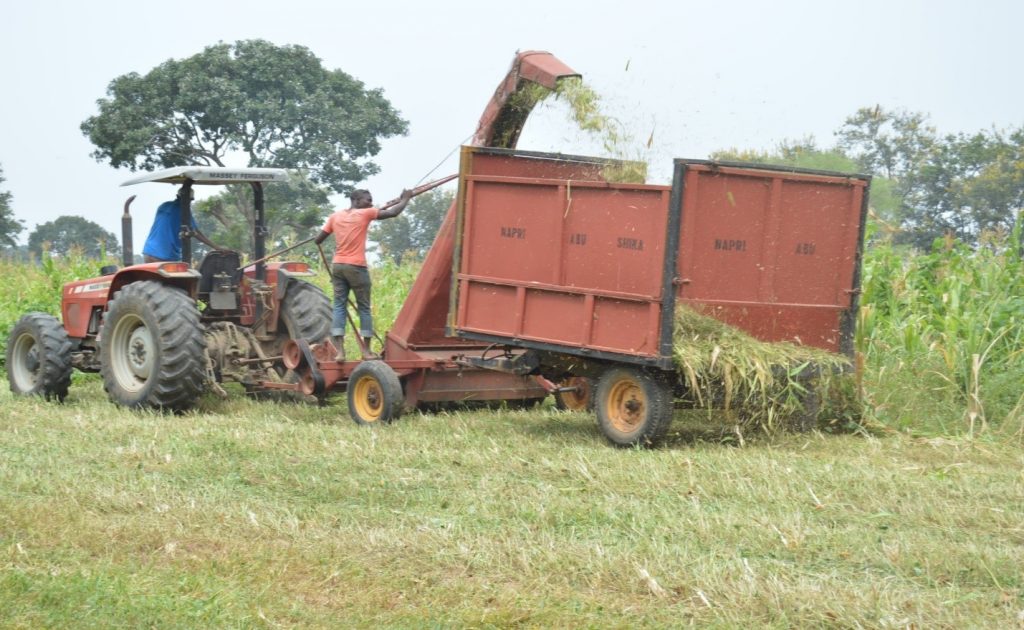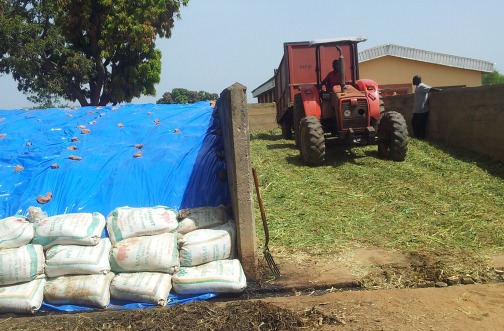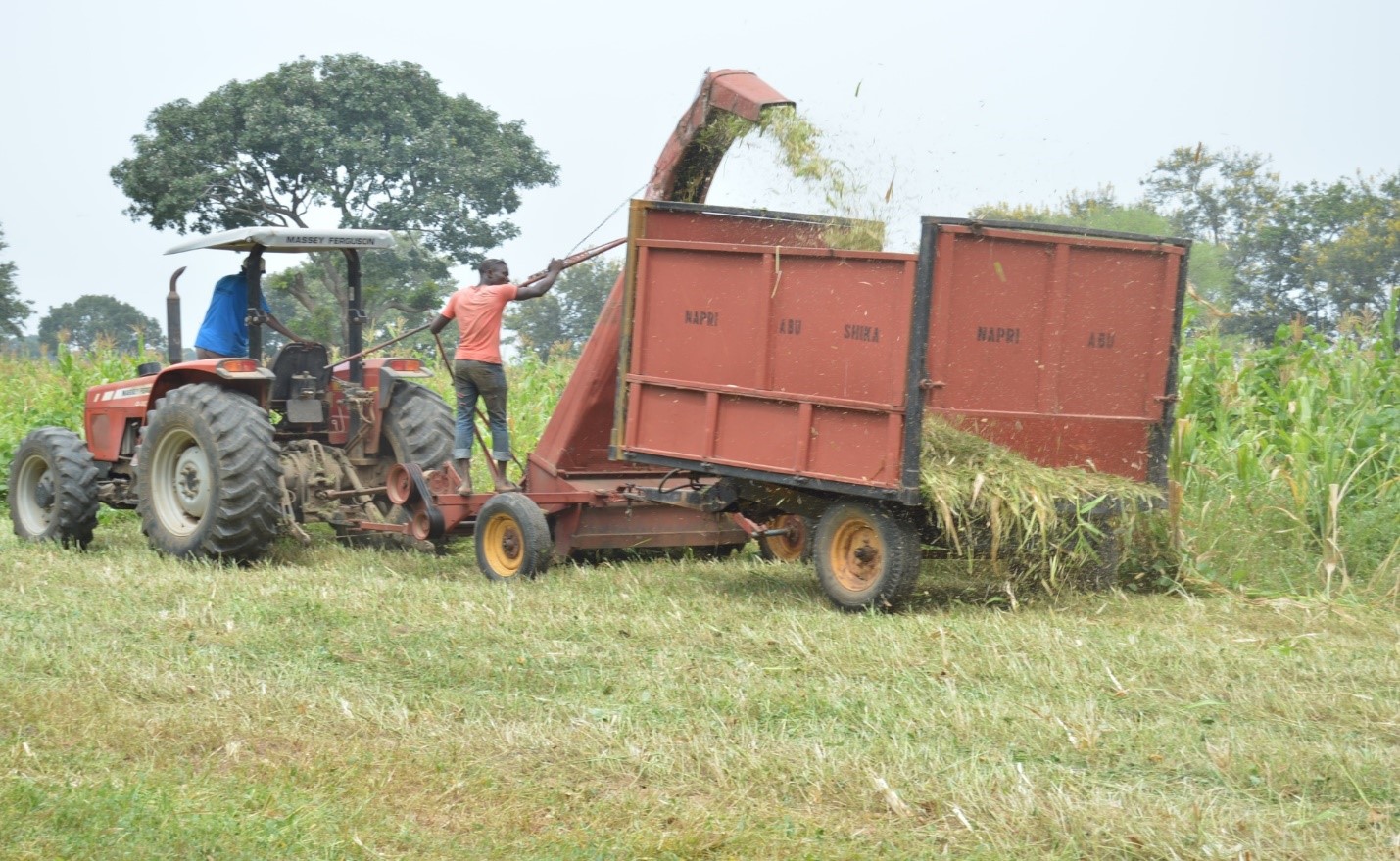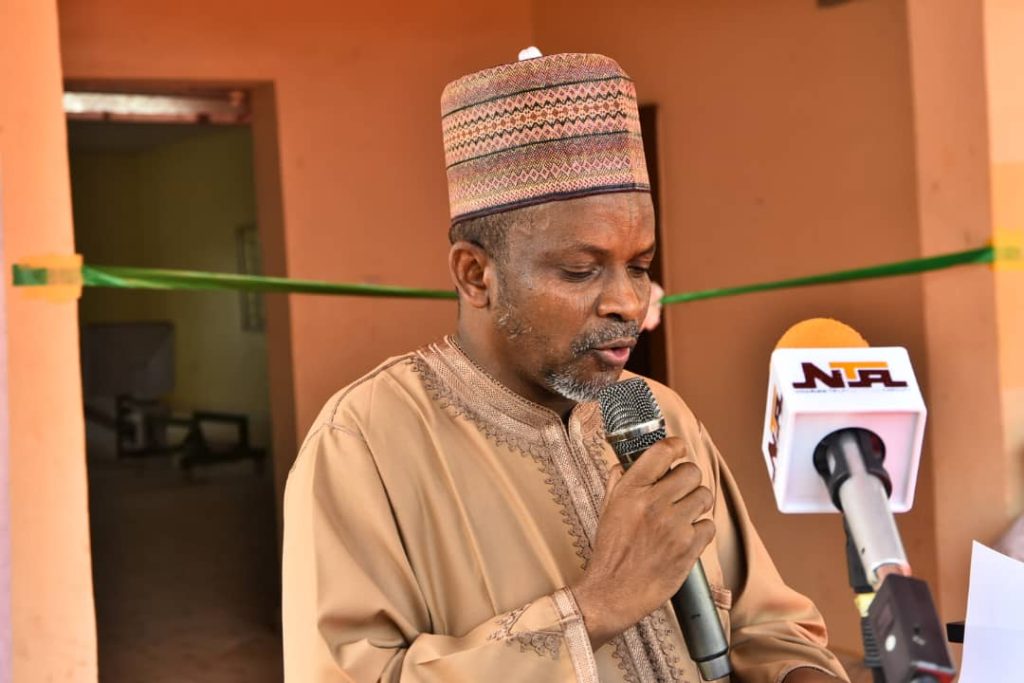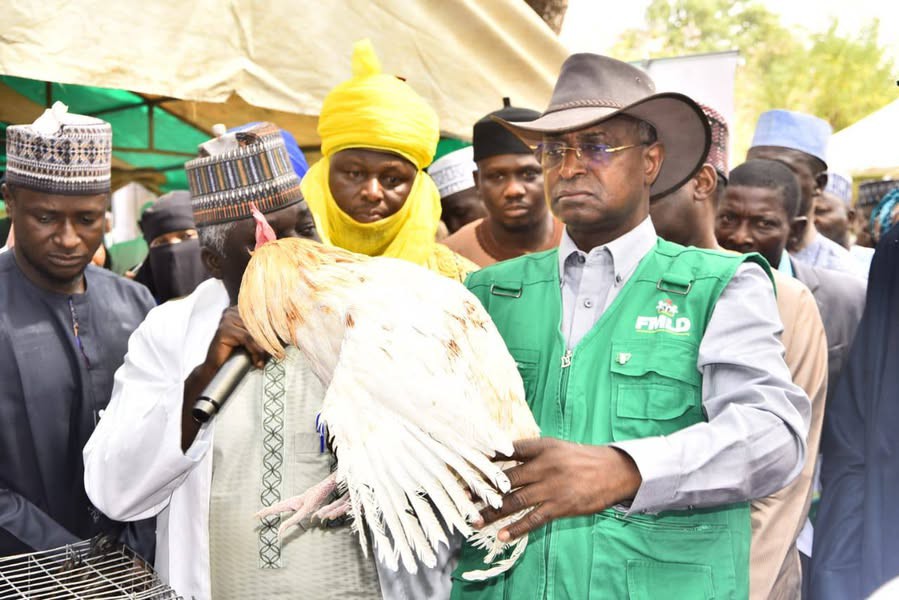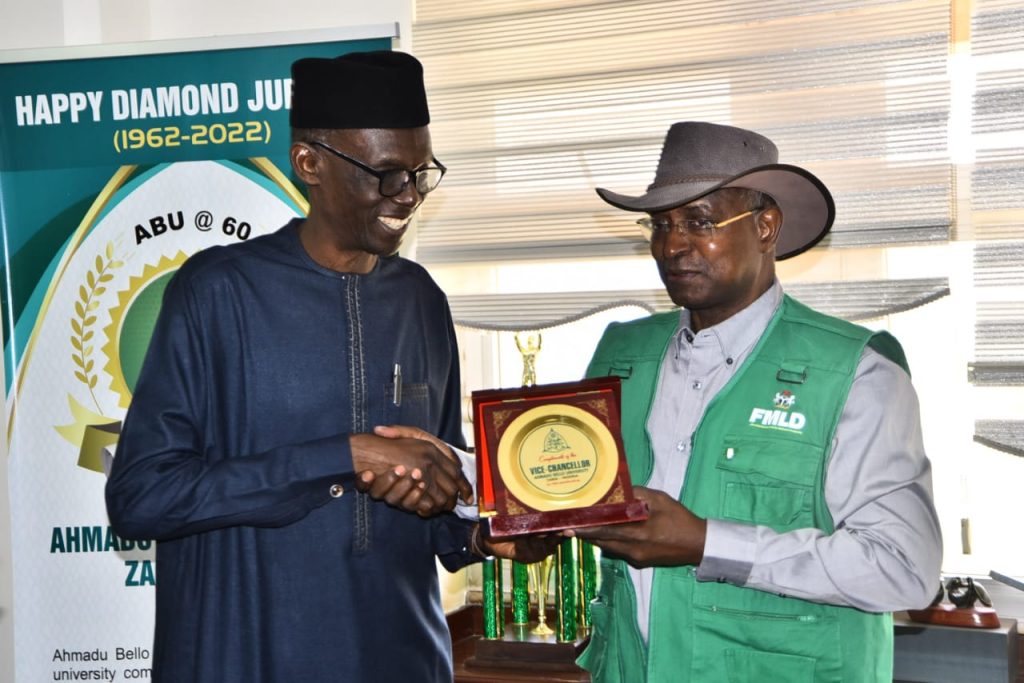NAPRI begins silage making to conserve animal feeds against dry season
. . . In addition to tackling hunger, enhancing livestock production The National Animal Production Research Institute (NAPRI), Ahmadu Bello University, Zaria, says it began this year’s silage making with forage sorghum as an alternative for maize.
The farming activity, which is essentially in preparation for dry season feeds and feeding to tackle hunger and enhance sustainable livestock production, commenced on 28th October, and it is expected to be concluded at this month’s end.
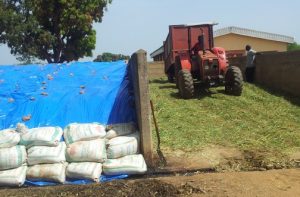
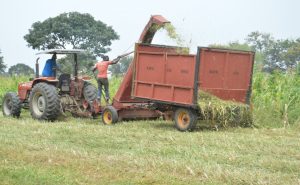
Silage is a fermented feed made from fresh forage crops by-products that are acidified and preserved through fermentation. It can be fed to ruminants such as cattle, sheep, and goats.
The use of forage sorghum as an alternative for maize in silage making is a new technology developed by the institute to reduce competition for maize between livestock and humans as a way of enhancing the productivity of smallholder livestock system in Nigeria.
NAPRI has since been an advocate for necessity for livestock farmers to enhance silage production using nonconventional or alternative feed ingredients which are cheaper and more accessible.
Speaking on the activity, NAPRI’s Assistant Director, Extension and Linkages, Dr. Ishiaku Yunusa Muhammad, urged that farmers should embrace silage making to conserve excess feed to be utilised when feed is scarce as it provides a high energy source and helps preserve nutrients during the dry season.
He explained that research conducted by scientists at NAPRI had shown that feeding silage to dairy cows increases their milk yield significantly and that performance of ram is higher by 6.90kg when fed silage of sorghum almum and lablab at 70:30 percent mixtures.
“As a research institute, NAPRI is committed to training both local farmers and stakeholders on climate smart livestock productivity and resilience system.
“Feed and fodder take the lead by 70-80 percent of the total cost of livestock production. So, the search for alternative feed becomes paramount in any production system for sustainability”, he said.
Dr. Yunusa enjoined all stakeholders to ensure strong support for smallholder farmers with inputs, forage choppers and silage bags to enhance value addition and create local and international market for silage in Nigeria.
………………………………………..
Public Affairs Directorate,
Office of the Vice-Chancellor,
Ahmadu Bello University, Zaria
(NAM)
12th November, 2024
